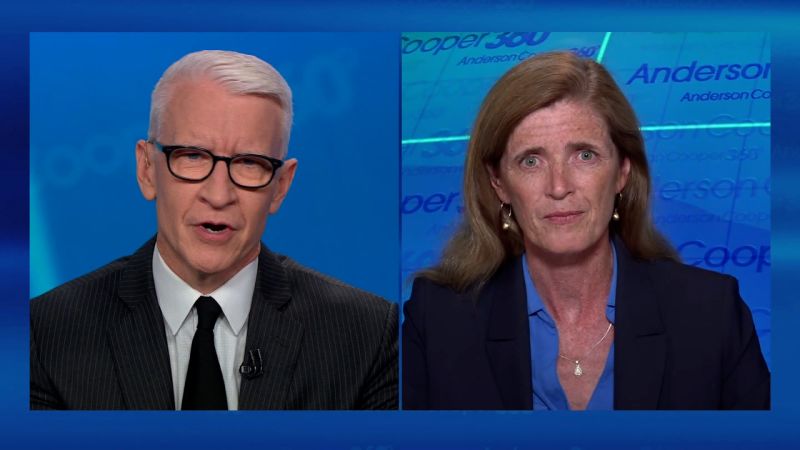US Secretary of State Marco Rubio hailed the end of the US Agency for International Development (USAID) Tuesday as a new analysis found that its demolition could contribute to 14 million deaths in the next five years.
“This era of government-sanctioned inefficiency has officially come to an end. Under the Trump Administration, we will finally have a foreign funding mission in America that prioritizes our national interests,” Rubio said in a post on Substack Tuesday.
“As of July 1st, USAID will officially cease to implement foreign assistance. Foreign assistance programs that align with administration policies—and which advance American interests — will be administered by the State Department, where they will be delivered with more accountability, strategy, and efficiency,” he said.
The rapid destruction of USAID, led by the Elon-Musk backed Department of Government Efficiency (DOGE), has seen thousands of foreign assistance programs slashed, including many focused on lifesaving work.
A study published Monday in The Lancet estimates that the USAID funding cuts could result in more than 14 million additional deaths by 2030. Nearly a third of those deaths – more than 4.5 million – are estimated to be among children younger than 5.
Authors of the study said that the effects of the funding cuts “would be similar in scale to a global pandemic or a major armed conflict.”
“Unlike those events, however, this crisis would stem from a conscious and avoidable policy choice—one whose burden would fall disproportionately on children and younger populations, and whose consequences could reverberate for decades,” they wrote.
USAID funding was most likely to reduce mortality related to HIV/AIDS, followed by malaria, according to the Lancet study. Strong associations were also found with tropical diseases, diarrhoeal disease, nutritional deficiencies, lower respiratory infections, maternal mortality and tuberculosis.
A senior State Department official downplayed the Lancet’s findings, saying Tuesday, “a lot of these sort of studies are based on incorrect assumptions about what Secretary Rubio intends to and has done before.”
“I think he’s been very clear that a lot of the life-saving work that we do will continue and will be made more efficient,” the official said.
However, aid groups have said that USAID’s swift dismantlement, coupled with a sudden and sweeping freeze on foreign assistance in January, has already had devastating consequences.
The official was largely dismissive of criticism of the administration’s moves.
“You can go back and relitigate all these little decisions. That’s not our focus. That’s not the secretary’s focus. We are excited about what sort of the America first foreign assistance agenda is going to look like and how much impact we can have moving forward,” they said.
Rubio described the new approach as “prioritizing trade over aid, opportunity over dependency, and investment over assistance.”
“Moving forward, our assistance will be targeted and time limited. We will favor those nations that have demonstrated both the ability and willingness to help themselves and will target our resources to areas where they can have a multiplier effect and catalyze durable private sector, including American companies, and global investment,” he wrote.
The official said the administration is looking at new metrics to gauge the success of US assistance work.
“We want to see sort of more bilateral engagement. We want to see more investment from our partners, co-investment. We want to see trade deals, compacts, agreements, to work together on stuff,” they said. “Those are a big indicator of success for us.”
“What we want to do with this is build bridges bilaterally consistent with the president’s sort of mission and diplomatic agenda more broadly,” they said.
The senior official repeatedly raised the example of PEPFAR, the US President’s Emergency Plan for AIDS Relief, and said their work would continue in a “more efficient” and “more impactful” way. Bipartisan lawmakers have long supported the initiative, which was launched by President George W. Bush.
In 2023, 60% of PEPFAR’s bilateral HIV assistance was obligated and implemented by USAID, according to the Lancet study.
“Most of the PEPFAR program is up and running today. Between 85 and 90% of the direct treatment beneficiaries are receiving their medications,” they said. “We intend to sort of put out a really long-term comprehensive roadmap in the coming weeks and months about what we intend to do with PEPFAR.”





